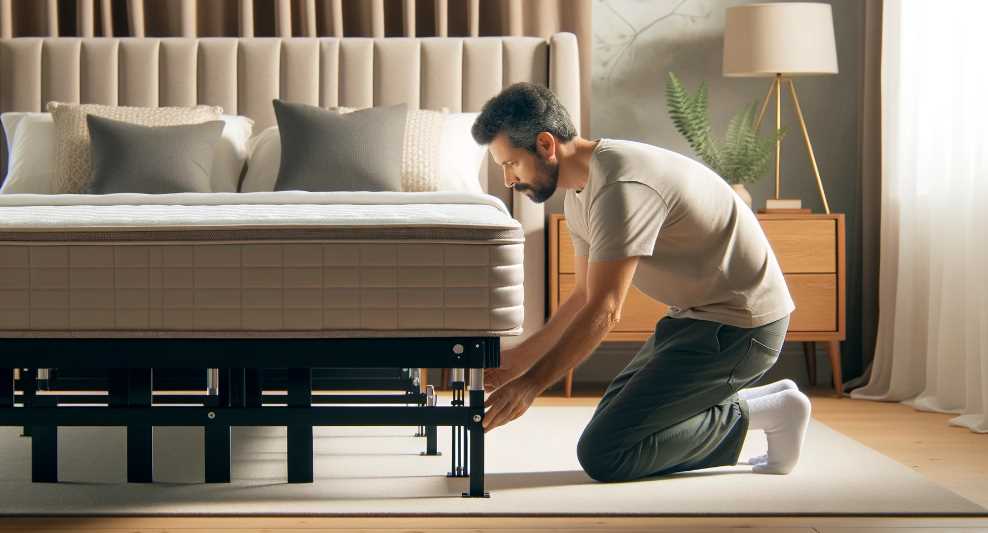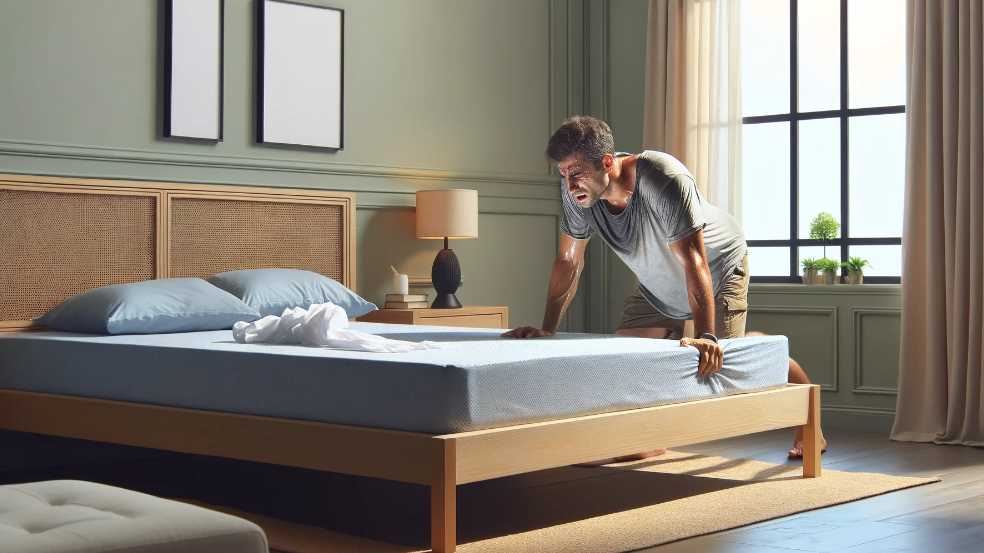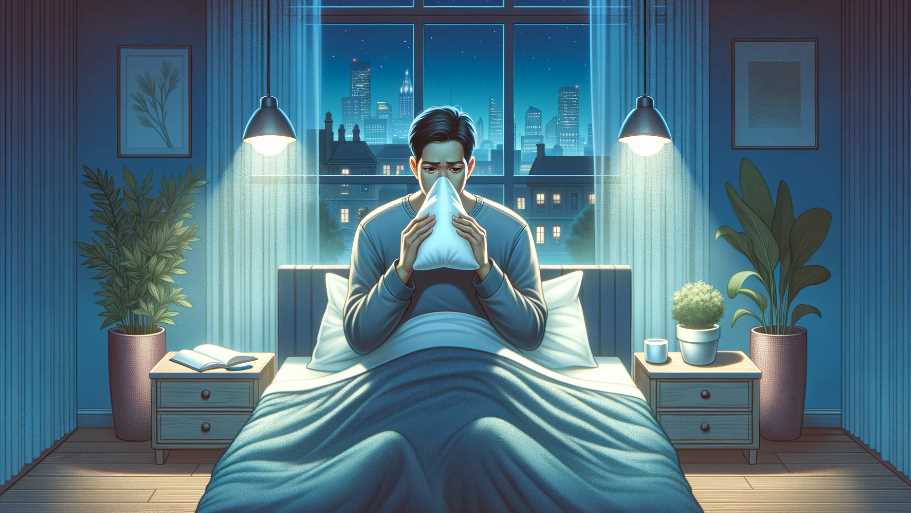Can You Use Chicken Feathers for Pillows? The Shocking Truth About Comfort & Safety

Pillows are an essential part of our sleep routine. They provide the necessary support and comfort for a good night’s ...
Read moreCan You Wash Synthetic Pillows? The Ultimate Guide to Cleaning and Care

In our homes, pillows are an essential part of our daily lives. They provide support and comfort during sleep, allowing ...
Read moreCan Too Many Pillows Cause Snoring: The Surprising Truth

Snoring is a common problem affecting millions of people worldwide, causing disturbances in their sleep patterns and often leading to ...
Read moreCan You Use a Travel Pillow in Bed? Benefits and Comfort Tips

Can you use a travel pillow in bed? Travel pillows are widely known for providing comfort and support while on ...
Read moreCan You Use Queen Pillows on a King Bed? Tips for Perfect Pillow Selection

Can you use queen pillows on a king bed? If you’re wondering whether you can use queen pillows on a ...
Read moreCan You Put an Adjustable Bed on Risers: Unlock the Power of Versatility

Yes, you can put an adjustable bed on risers. Adjustable beds are designed to provide customizable sleeping positions, and placing ...
Read moreCan Bed Sheets Make You Sweat? Discover the Truth Behind the Nighttime Perspiration

Yes, bed sheets can make you sweat. Bed sheets play a significant role in regulating body temperature and comfort during ...
Read moreCan I Make a Tie Blanket With Flannel: Ultimate Guide for Cozy Creations

Yes, you can make a tie blanket with flannel. Flannel is a great fabric choice for tie blankets. Its soft ...
Read moreCan a Dreamcloud Mattress Go on a Box Spring: Comprehensive Guide

Yes, you can place a Dreamcloud mattress on the box spring. DreamCloud mattresses are designed to be compatible with various ...
Read more